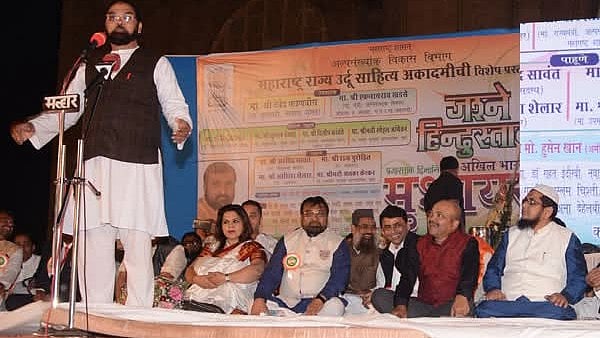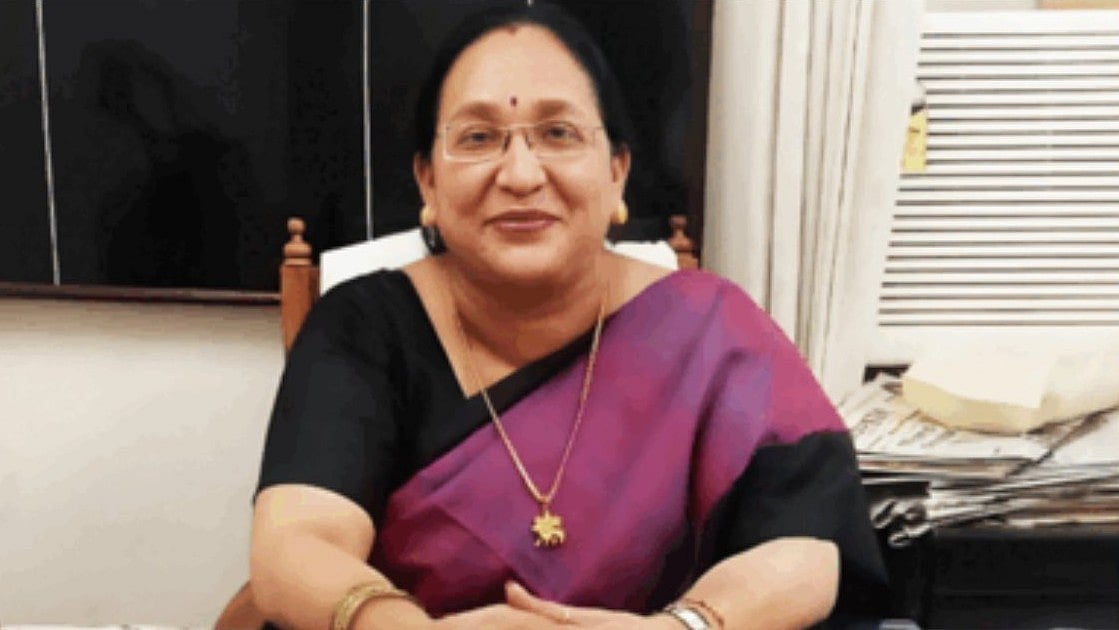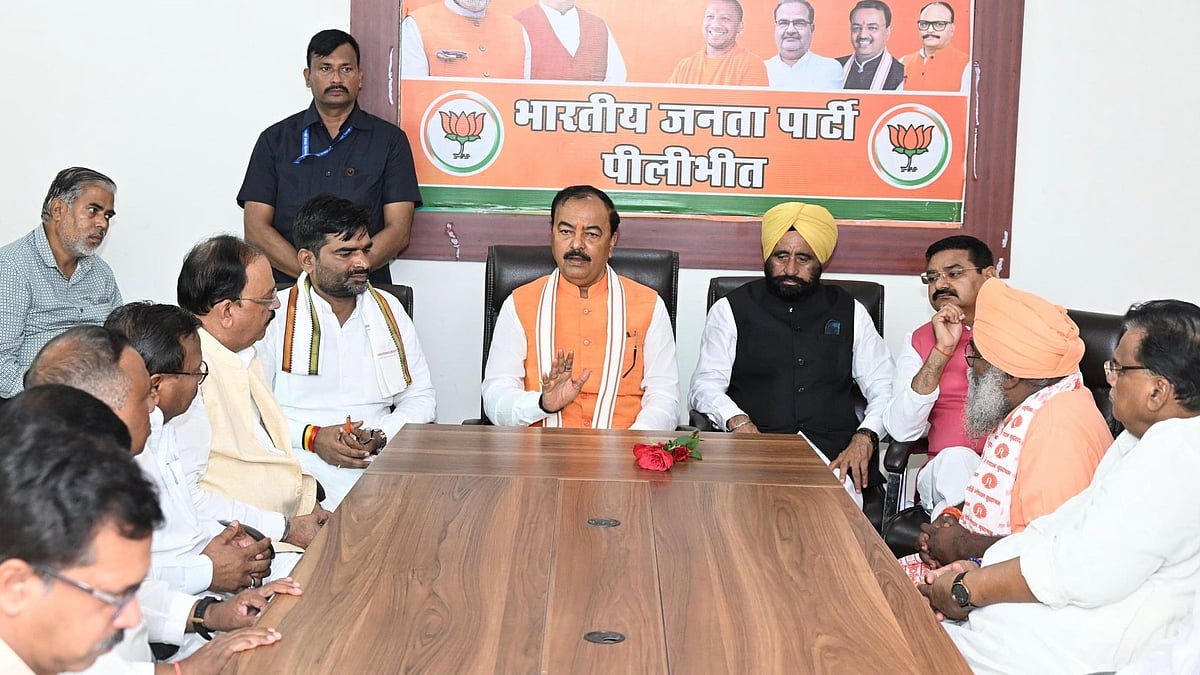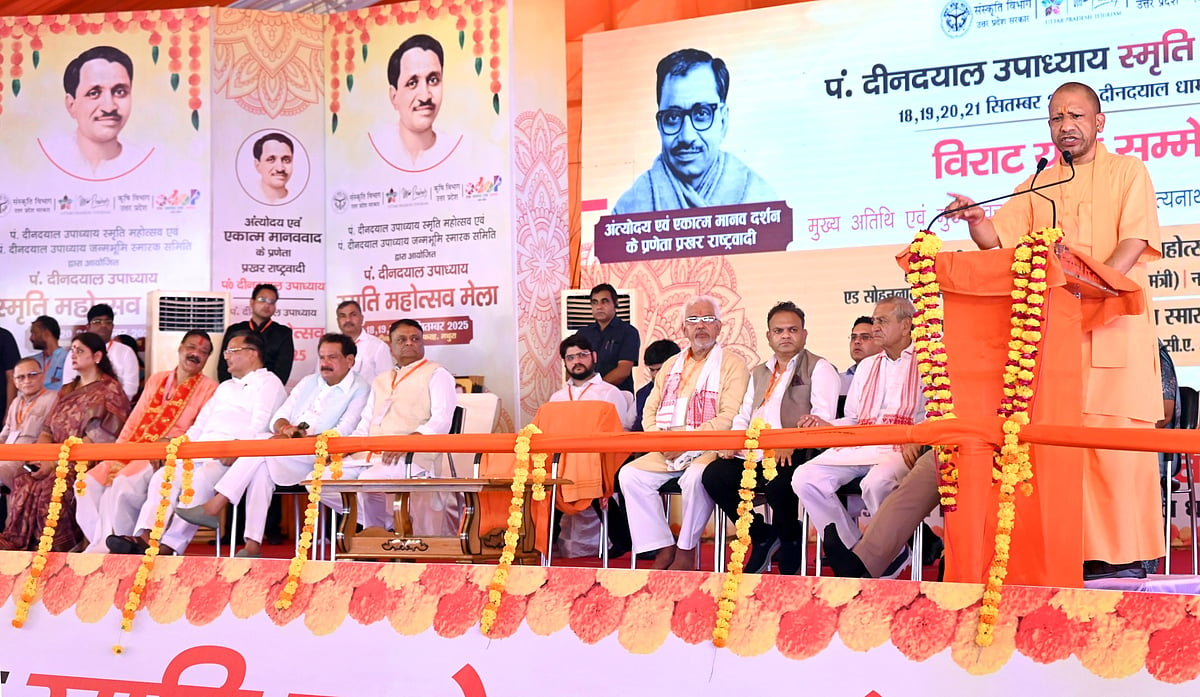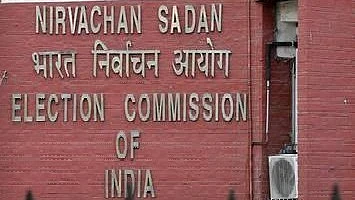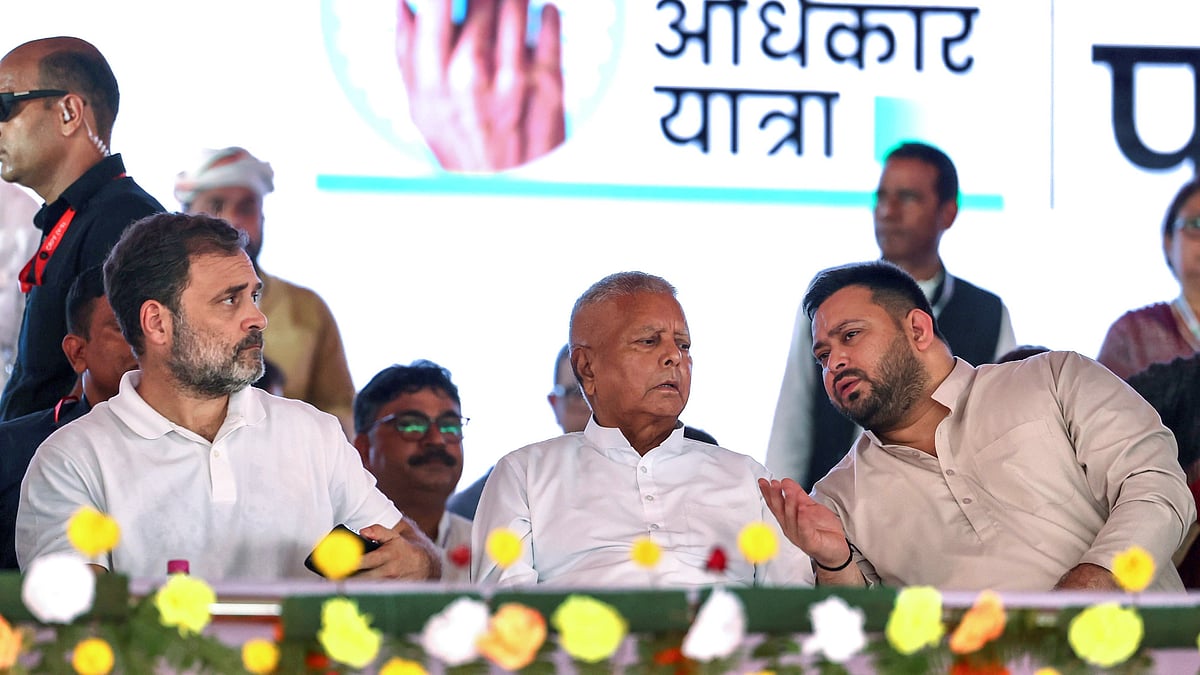New Delhi: The Supreme Court on Friday refused to interfere with a Allahabad High Court order allowing the Archaeological Survey of India (ASI) to conduct a scientific survey of the Gyanvapi mosque premises, according to Bar and Bench.
A bench of Chief Justice of India (CJI) DY Chandrachud and Justices JB Pardiwala and Manoj Misra rejected the plea by the Muslim party challenging the survey and said the high court order does not warrant interference by the apex court at this stage and such a survey was conducted even in the Ayodhya case.
District Judge orders scientific investigation by ASI
“The district judge has ordered scientific investigation by ASI. The high court has found no reason to interfere having set out the legal position while dealing with an interlocutory order of this nature. The high court has introduced certain safeguards. Having regard to nature and ambit of court appointed commission we are unable to differ with the high court,” the apex court said.
The court also noted the assurance by ASI that there would be no excavation or destruction of property, Bar and Bench said. “The High Court was correct in our view to introduce some directions to circumscribe the order of the district judge. The ASI has clarified that there is neither excavation nor there would be destruction of property,” the top court said.
The court, therefore, ordered that ASI conduct the survey by employing non-invasive methodology. It also directed that there be no excavation at the site.
Court turns down Muslim party plea
The court also turned down the argument of the Muslim party that the plea is frivolous. “If someone now comes and files a frivolous plea saying that there is a monument below this structure.. will you order ASI survey,” senior counsel Huzefa Ahmadi submitted on behalf of Muslim party, according to Bar and Bench.
“What is frivolous to you is faith to other side,” the CJI said.
The Gyanvapi mosque has been the subject of dispute after Hindu devotees approached a civil court seeking the right to worship inside Gyanvapi mosque, claiming that it was a Hindu temple and that it still houses Hindu deities.
The present matter concerns disputed claims over whether the structure found on the premises of the Gyanvapi mosque during that earlier survey was a Shivling, as claimed by the Hindu parties in the case.



